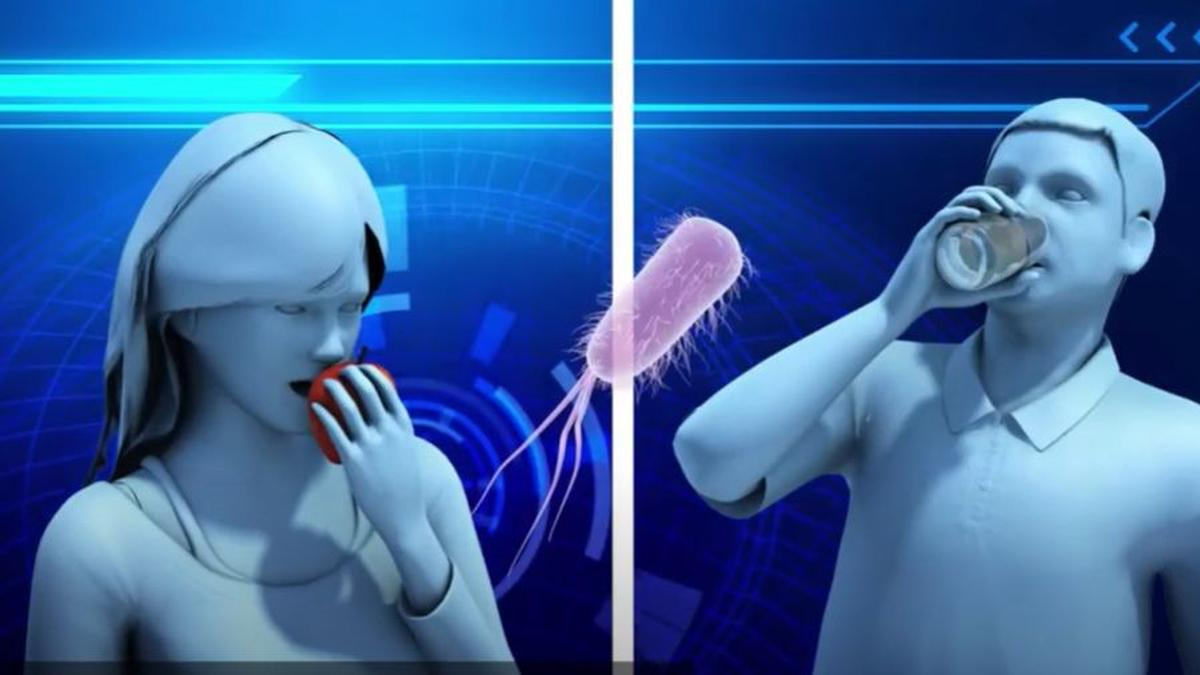NIAB Scientists Use CRISPR to Identify Key Protein Target Against Zoonotic Infection ‘Toxoplasmosis’
In a groundbreaking development, scientists at the National Institute for Agricultural Botany (NIAB) have utilized CRISPR-Cas9 genome editing technology to pinpoint a crucial protein that could pave the way for new therapeutic interventions against Toxoplasmosis, a globally prevalent zoonotic infection caused by the protozoan parasite Toxoplasma gondii.
Toxoplasmosis affects more than a third of the global population and poses severe health risks to immunocompromised individuals, pregnant women, and livestock. It can lead to complications such as encephalitis, miscarriage, and developmental defects. While the disease is often asymptomatic in healthy individuals, its zoonotic potential—transmitting from animals to humans—makes it a critical concern in both public health and veterinary domains.
NIAB’s team employed CRISPR gene-editing to systematically disrupt genes within T. gondii, ultimately identifying a novel protein essential for parasite survival and host invasion. Disruption of this gene significantly impaired the parasite’s ability to replicate and infect host cells, marking it as a promising therapeutic target.
This research not only enhances our understanding of T. gondii’s molecular biology but also demonstrates the power of CRISPR as a precision tool to explore parasite-host interactions. By targeting this protein, researchers anticipate the development of next-generation antiparasitic treatments that are more effective and specific than current options, which often have limited efficacy and undesirable side effects.
Additionally, this work reinforces the role of advanced genetic tools in combating neglected tropical diseases and zoonotic infections that impact both human and animal health. It underscores the need for integrated One Health approaches that bridge agriculture, veterinary science, and medicine.
The study reflects NIAB’s ongoing commitment to innovative biotechnology and its applications in safeguarding global health. Further studies are now underway to validate the protein’s function in vivo and explore its potential in vaccine development or drug targeting platforms
#CRISPR #GeneticEngineering #Toxoplasmosis #NIAB #ZoonoticDiseases #OneHealth #Biotechnology #ParasiteResearch #ToxoplasmaGondii #InfectiousDiseases #VaccineResearch #GeneEditing #AgriBiotech #GlobalHealth #AnimalHealth #CRISPRCas9 #Parasitology #MedicalResearch #PrecisionMedicine
Website link: youngscientistawards.com NominationLink:https://youngscientistawards.com/awardnomination/ecategory=Awards&rcategoryrdee Contact Us: support@youngscientistawards.com
___________________________________
Social Media:
Twitter : https://twitter.com/youngsc06963908
Linkedin- : https://www.linkedin.com/in/shravya-r...
Pinterest : https://in.pinterest.com/youngscienti...
Blog : https://youngscientistaward.blogspot....
Tumblr : https://www.tumblr.com/blog/shravya9




Comments
Post a Comment